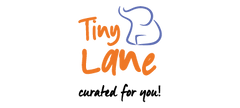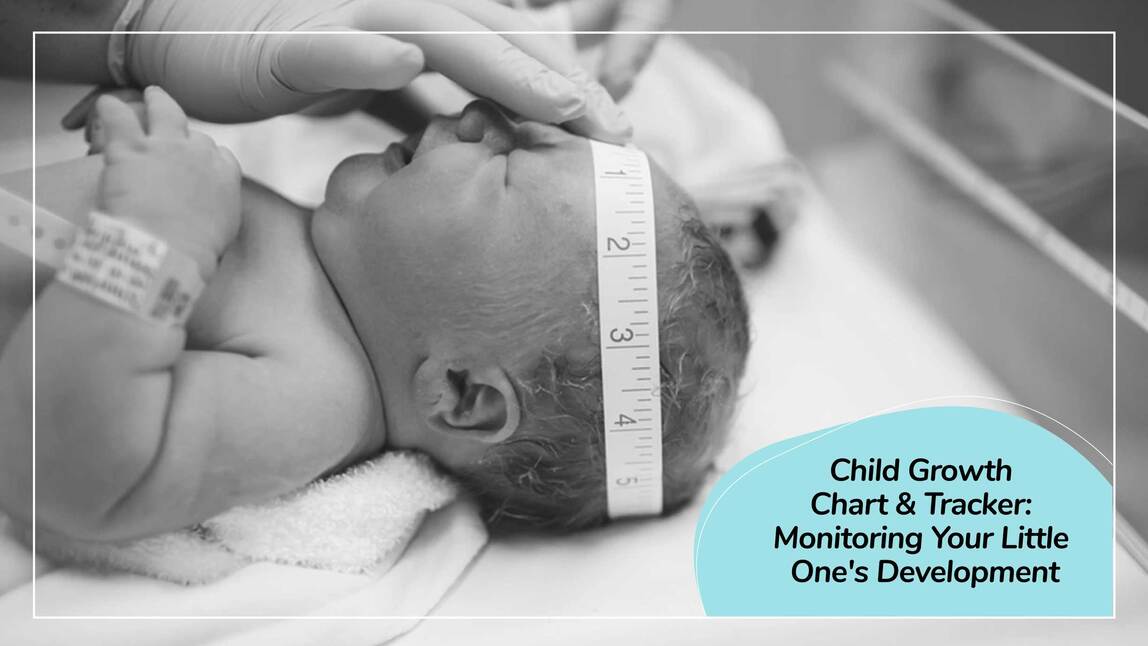Feeding your newborn is an essential aspect of their early development and nutrition. As a new parent, you may have questions about the best feeding method for your baby. In this blog post, we will explore the two primary feeding options for newborns: breastfeeding and bottle feeding. We will discuss the benefits, considerations, and potential challenges associated with each method to help you make an informed decision that suits your baby's needs and your lifestyle.
Breastfeeding:
Breastfeeding is a natural and time-tested method of nourishing newborns. Here are some key points to consider:
- Nutritional Benefits: Breast milk is uniquely designed to meet your baby's nutritional needs. It provides essential nutrients, antibodies, and enzymes that promote their growth, development, and immunity.
- Bonding and Emotional Connection: Breastfeeding fosters a special bond between the mother and baby. Skin-to-skin contact, closeness, and eye contact during breastfeeding promote emotional attachment and create a sense of security.
- Convenience and Cost: Breast milk is readily available, requires no preparation or sterilization, and is cost-effective compared to formula feeding.
- Potential Challenges: Breastfeeding may come with challenges such as latching difficulties, sore nipples, and milk supply issues. However, with proper support, these challenges can often be overcome.
Bottle Feeding:
Bottle feeding involves feeding your baby with infant formula or expressed breast milk using a bottle. Consider the following points:
- Nutritional Options: Bottle feeding allows you to choose from a variety of infant formulas available in the market, catering to specific needs such as allergies or reflux.
- Flexibility and Shared Responsibility: Bottle feeding provides flexibility as other family members can participate in feeding, allowing the mother to take breaks or have help with night feedings.
- Monitoring Intake: Bottle feeding allows you to measure the exact amount of milk your baby consumes, making it easier to track their intake.
- Preparation and Cost: Bottle feeding requires preparation, including sterilizing bottles, preparing formula, and ensuring proper hygiene. Additionally, formula feeding can incur additional costs compared to breastfeeding.
Considerations and Combining Methods:
It's important to note that breastfeeding and bottle feeding are not mutually exclusive. Some parents choose to combine both methods, known as combination feeding. This approach allows flexibility while still providing the benefits of breastfeeding and the convenience of bottle feeding.
Seeking Support:
Regardless of the feeding method you choose, seeking support from healthcare professionals, lactation consultants, and support groups can be invaluable. They can provide guidance, address concerns, and offer assistance throughout your feeding journey.
Conclusion:
Deciding between breastfeeding and bottle feeding is a personal choice that depends on various factors, including your baby's needs, your lifestyle, and individual circumstances. Both methods have their advantages and considerations. Ultimately, what matters most is nourishing your baby with love, care, and the best possible nutrition. Remember, every baby is unique, and finding the feeding approach that works best for you and your little one is the key to a healthy and happy feeding journey.



